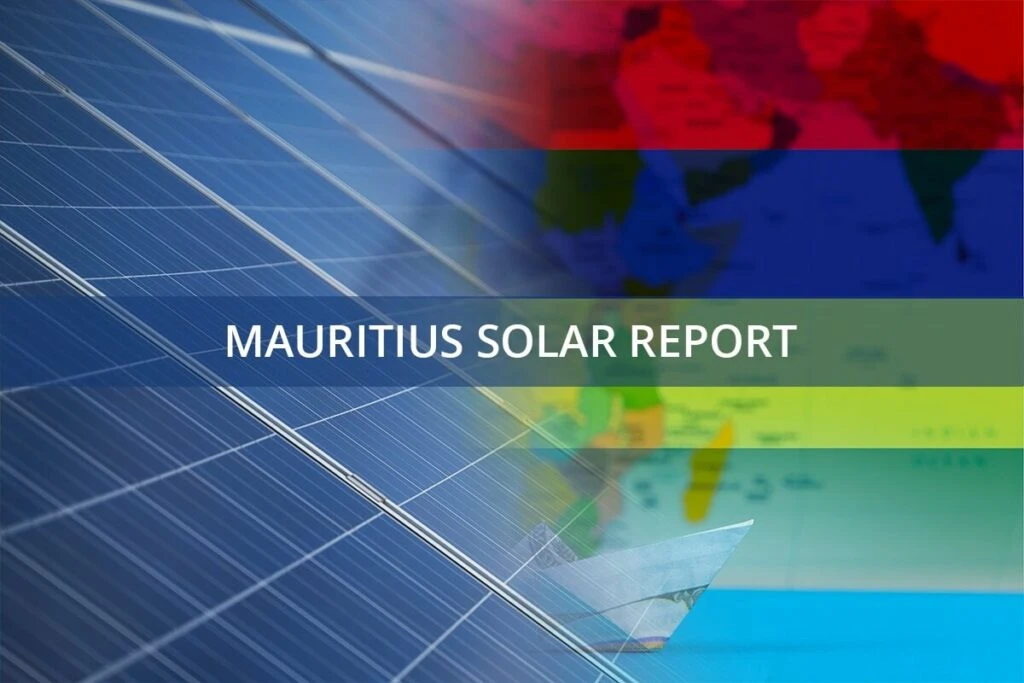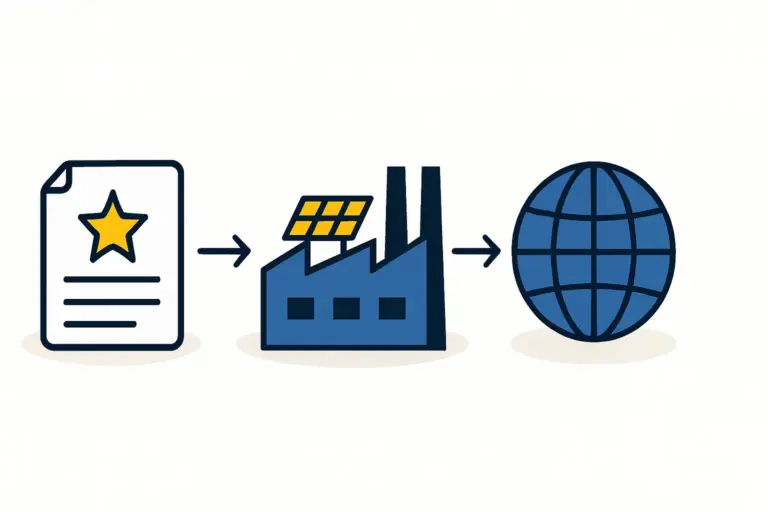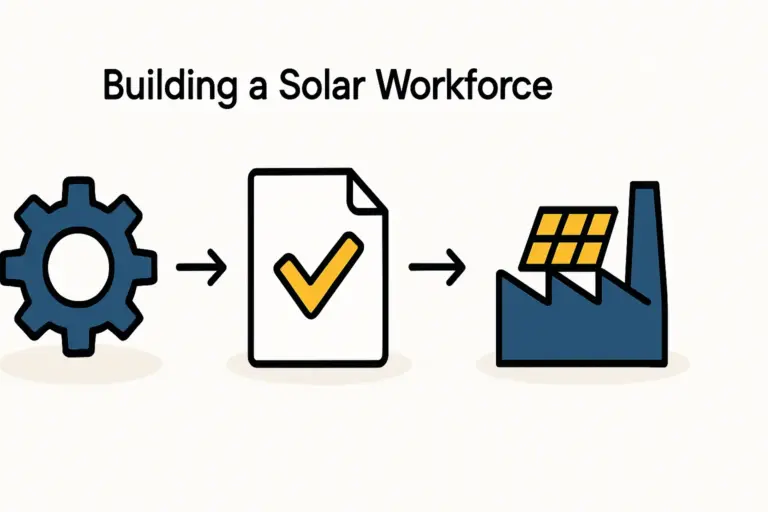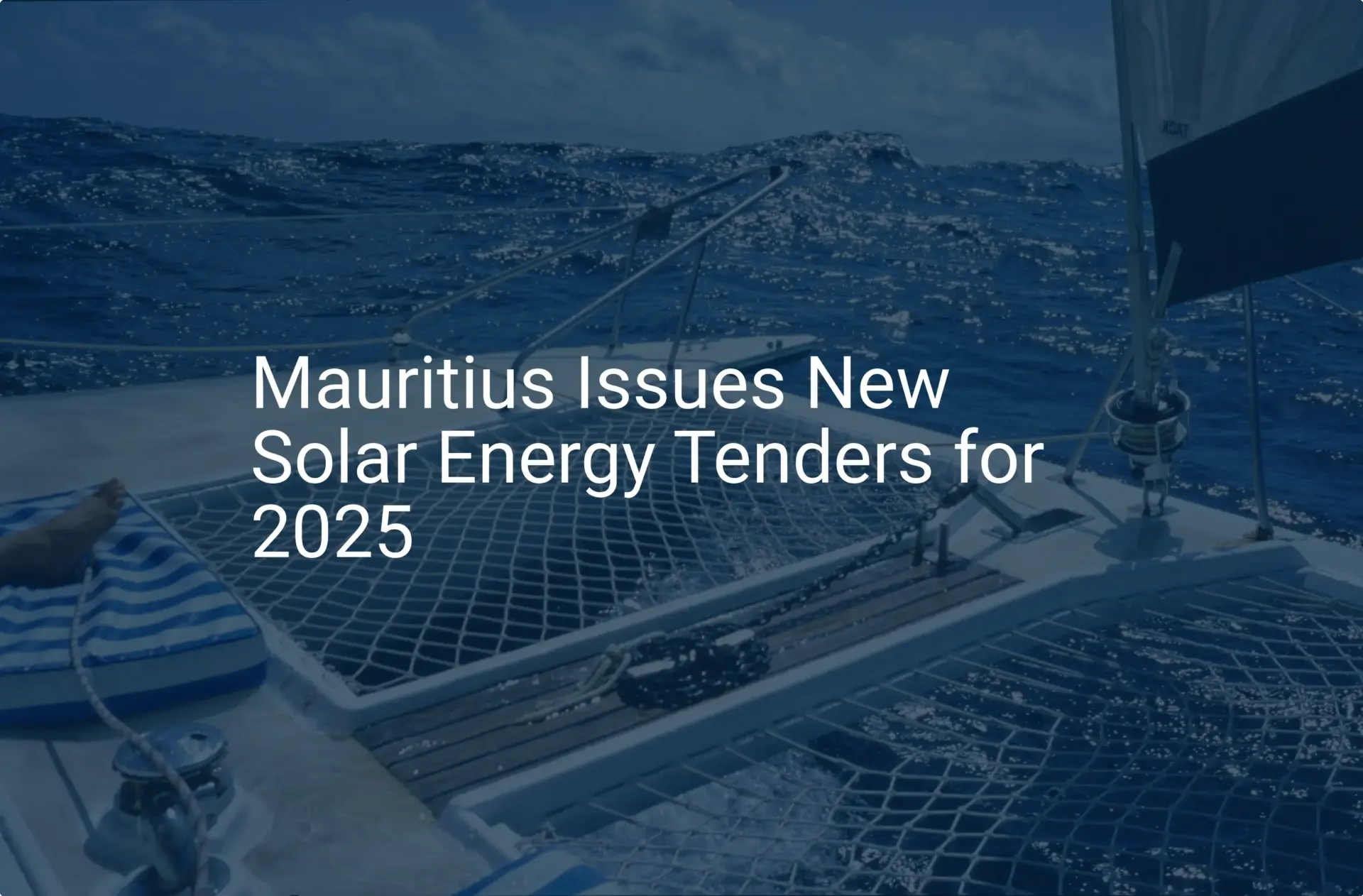The success of a modern manufacturing facility often depends less on the sophistication of its machinery and more on the efficiency of the logistical arteries connecting it to the world. For an entrepreneur considering a solar module factory, the choice of location carries profound implications for the entire supply chain.
Mauritius, with Port Louis Harbour and its Freeport, presents a compelling case for strategic positioning, particularly for businesses targeting African and European markets. Here, we examine the practical realities of using Port Louis as a logistical hub, detailing the infrastructure, processes, and economic advantages available to a solar module manufacturer operating from the Mauritius Freeport. The goal is to provide a clear-eyed view of both the opportunities and the potential challenges.
Understanding Port Louis Harbour as a Global Gateway
Port Louis Harbour is not merely a local port; it is a significant transhipment hub for the Indian Ocean. Its strategic location on the shipping routes connecting Asia, Africa, and Europe makes it a natural nexus for international trade. As a deep-water facility, the port can accommodate large, modern container vessels—a critical capability for cost-effective global logistics.
The Mauritius Container Terminal (MCT), the port’s primary container handling facility, has an annual capacity of approximately 1 million TEUs (Twenty-foot Equivalent Units). This capacity is supported by major global shipping lines, including Maersk, MSC, and CMA CGM. This ensures reliable and frequent connections to key markets, from suppliers of raw materials like solar cells and glass in China to the destination markets for finished modules. Such robust connectivity is fundamental to any export-oriented manufacturing operation.

The Mauritius Freeport Advantage for Manufacturers
A key element of the Mauritian value proposition is its Freeport: a designated, customs-controlled area within the port where goods can be imported, manufactured, and re-exported with significant fiscal incentives. For a solar module manufacturer, this structure offers two primary benefits:
-
Duty and VAT Exemption: Raw materials and components imported into the Freeport for processing and subsequent re-export are exempt from customs duties and Value Added Tax (VAT). This directly reduces the upfront capital required for procurement and improves the business’s cash flow.
-
Simplified Procedures: The Freeport is designed to facilitate trade, with streamlined customs processes that reduce administrative burdens and potential delays for goods not entering the domestic Mauritian market.
This system creates an efficient manufacturing corridor where raw materials can be imported, processed into high-value solar modules, and re-exported to international customers without incurring local import taxes.
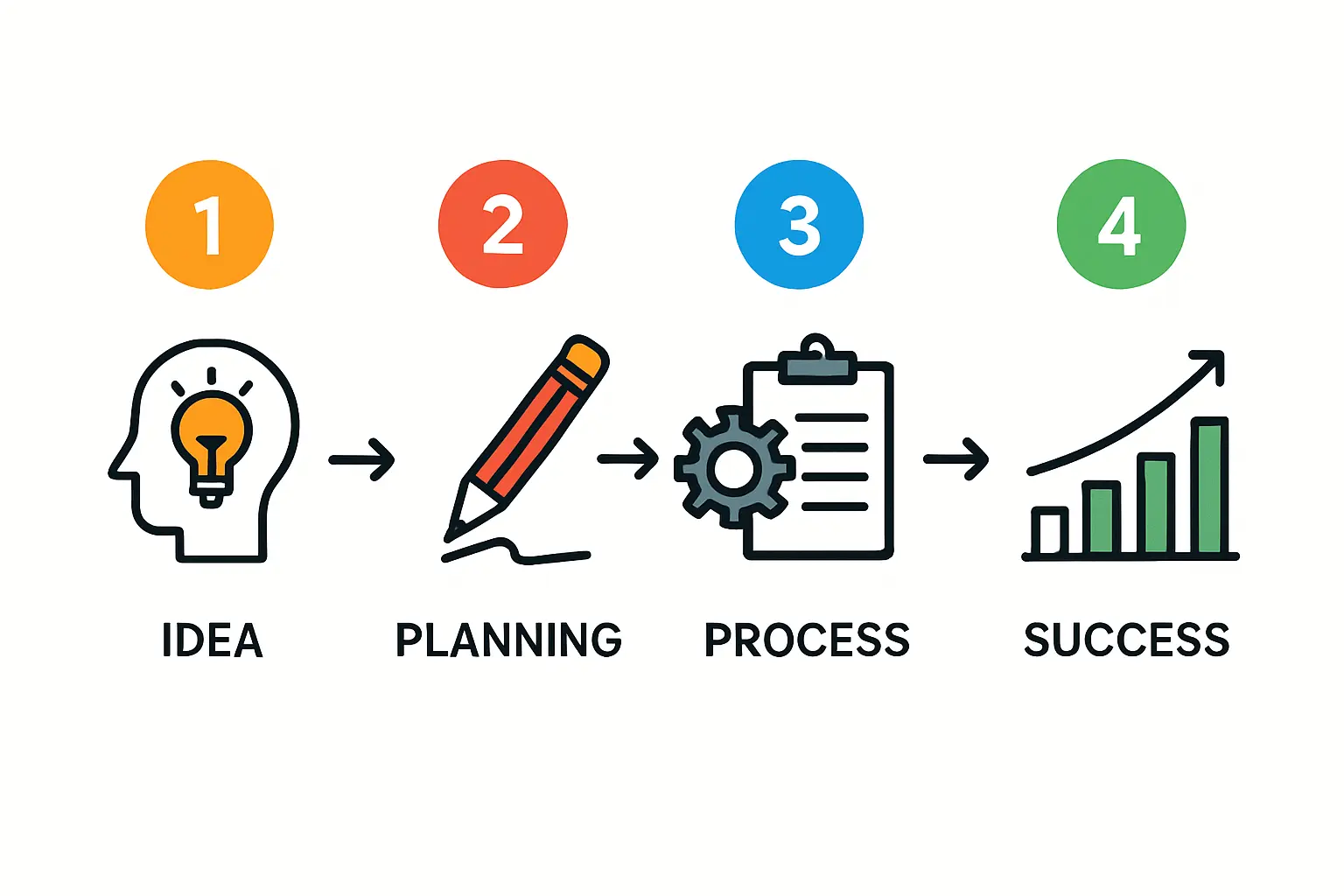
Potential Challenges and How to Mitigate Them
While the Mauritian system is highly efficient, no global logistics hub is without its challenges. Entrepreneurs should be aware of potential bottlenecks and plan accordingly:
-
Port Congestion: Like any major port, Port Louis can experience periods of congestion, particularly during peak seasons, which can lead to minor delays in vessel berthing and container processing.
-
Customs Delays: Although Freeport procedures are streamlined, incomplete or inaccurate documentation can still cause significant delays. Meticulous attention to paperwork is non-negotiable.
-
Infrastructure Strain: As trade volumes grow, public infrastructure such as roads leading to and from the port can come under strain, impacting inland transportation times.
The key to mitigating these risks is proactive planning. Building buffer time into shipping schedules, working with reputable and experienced local logistics partners, and establishing clear communication protocols are all essential.
As Julius Etim, CEO of a solar company in Nigeria, observed, ‘The most sophisticated factory is rendered useless if you cannot get your raw materials in and your finished products out reliably. A stable and predictable logistics chain is not a luxury; it is the backbone of the entire manufacturing operation.’
Leveraging Mauritius’s Trade Agreements for Market Access
Beyond its physical infrastructure, Mauritius offers a significant strategic advantage through its network of trade agreements. As a member of the Common Market for Eastern and Southern Africa (COMESA) and the Southern African Development Community (SADC), goods manufactured in Mauritius can often gain preferential or duty-free access to a market of hundreds of millions of consumers.
With the African Continental Free Trade Area (AfCFTA) also gaining momentum, manufacturing in Mauritius positions a company to benefit from reduced trade barriers across the continent. This transforms the island from a simple manufacturing location into a strategic gateway for accessing one of the world’s fastest-growing economic regions.
Frequently Asked Questions (FAQ)
What is a TEU?
TEU stands for ‘Twenty-foot Equivalent Unit.’ It is a standard unit of measurement for shipping container capacity. One standard 40-foot container is equivalent to two TEUs.
How long does customs clearance typically take in the Mauritius Freeport?
For a well-prepared shipment with all correct documentation, clearance for goods entering or leaving the Freeport can often be completed within two to five business days. However, this can vary based on shipment volume and inspection requirements.
Are there specialized logistics providers in Mauritius for sensitive goods?
Yes, Port Louis has a mature logistics ecosystem with several freight forwarders and handling agents experienced in managing fragile and high-value goods, including electronic components like solar cells and finished modules.
What is the main difference between operating inside the Freeport versus outside?
The primary difference is fiscal. A company operating within the Freeport and exporting its products benefits from exemptions on customs duties and VAT on its imported raw materials and equipment. A company operating outside the Freeport and selling to the domestic market would be subject to standard import taxes.
Together, Port Louis Harbour and the Mauritius Freeport offer a powerful, well-integrated logistics platform for solar module manufacturing. The combination of world-class port infrastructure, a favorable tax regime, and strategic trade agreements creates a compelling business environment. Success, however, hinges on a thorough understanding of the practical processes and a proactive approach to mitigating potential challenges. By integrating supply chain planning into the core of the business strategy from day one, an entrepreneur can leverage Mauritius’s unique advantages to build a competitive and resilient global manufacturing operation.

